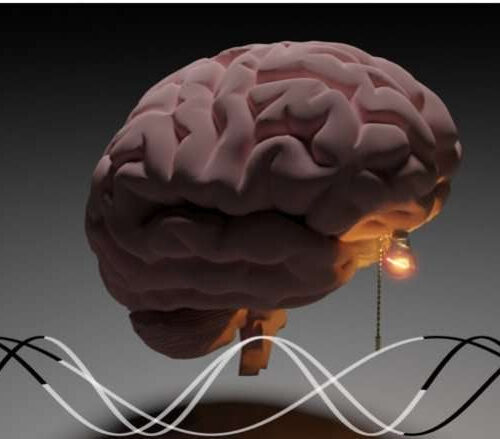by Karolinska Institutet Credit: Behzad Iravani The ability to detect and react to the smell of a potential threat is a precondition of our and other mammals’ survival. Using a novel technique, researchers at Karolinska Institutet have been able to study what happens in the brain when the central nervous system judges a smell to represent danger. The...
Tag: <span>smell</span>
What Can Covid-19 Teach Us About the Mysteries of Smell?
Credit…Stephanie Gonot for The New York Times FEATURE What Can Covid-19 Teach Us About the Mysteries of Smell? The virus’s strangest symptom has opened new doors to understanding our most neglected sense. Credit…Stephanie Gonot for The New York Times By Brooke Jarvis Danielle Reed stopped counting after the 156th email arrived in a single afternoon. It...
Loss of taste or smell strongly predicts which health care workers will test positive for COVID-19
by Barbara Branning, University at Buffalo A study by a University at Buffalo investigator sheds new light on the link between early COVID-19 symptoms and eventual positive test results. The research could lead to new protocols for determining who will be tested and how best to use testing resources. One compelling finding of the study...
Six curious facts about smell
by Jane Parker, The Conversation Don’t underestimate the power of your nose. It makes our everyday eating experience pleasant and interesting and it warns us of spoiled food, corked wine and the dangers of gas and smoke. It evokes strong emotional reactions, influences sexual attraction and can be used as a sensitive analytical instrument. We...
How We Are Wired for Smell: Scientists explore the brain’s “olfactory map”
By Ryan P. Dalton on August 13, 2019 Subject cDa29—well-known yet anonymous—resides somewhere in the north of England. You can almost see it: the peat stacks and old textile mills; the limestone and turf ruins where, on divine calling, Hadrian marked the northernmost reach of the Roman Empire. But even were you there, you wouldn’t...
An impaired sense of smell can signal cognitive decline, but ‘smell training’ could help
As we age, we often have problems with our ability to smell (called olfactory dysfunction). Older people might not be able to identify an odour or differentiate one odour from another. In some cases they might not be able to detect an odour at all. Odour identification difficulties are common in people with neurodegenerative diseases,...
The smell of lavender is relaxing, science confirms
A new study shows that the famous relaxing effects of lavender rely on sense of smell — and that the active compound linalool could be used medically to treat anxiety FRONTIERS Lavender works its relaxing magic all around us: from garden borders to bath bombs to fabric softener. But why not in our hospitals and clinics? And what is the science behind the magic? Research published...
- 1
- 2



